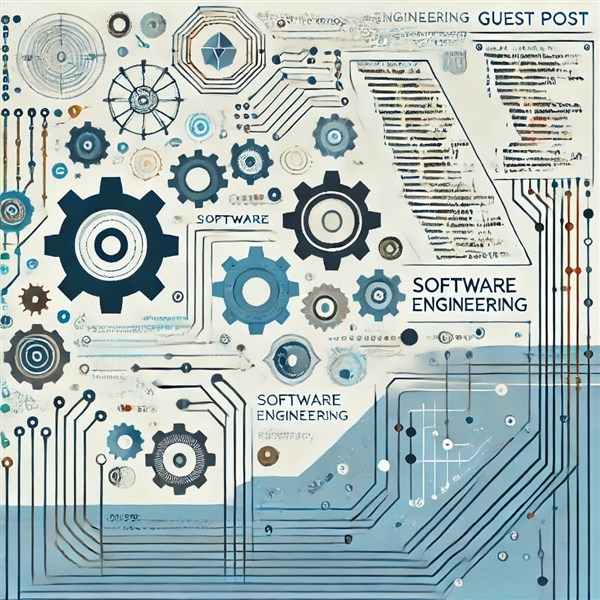Unable to find what you're searching for?
We're here to help you find it
In the fast-paced world of technology, software engineering has emerged as a critical field, influencing almost every aspect of our daily lives. With the increasing demand for skilled software engineers, many professionals are turning to certification programs to enhance their knowledge and skills. A software engineering certification not only provides a comprehensive understanding of core concepts but also equips individuals with both technical and soft skills essential for success in the industry.
This blog will delve into the key skills gained from software engineering certification programs, highlighting how these skills can help you advance your career and excel in your roles.
One of the foundational elements of software engineering is programming. Certification programs often cover multiple programming languages, such as:
Through coursework and hands-on projects, you will gain a deeper understanding of syntax, data structures, and algorithms in these languages, making you a more competent programmer.
Understanding software development methodologies is critical for effective project management and delivery. Certification programs typically cover various methodologies, such as:
By learning these methodologies, you will be better equipped to adapt to different project requirements and team dynamics.
Version control is essential for any software development project, allowing teams to manage changes to code efficiently. Certification programs usually include training on popular version control systems like:
Mastering version control systems enables you to work seamlessly with other developers, track changes, and revert to previous versions if necessary.
Quality assurance is crucial in software development to ensure the product meets specified requirements. Certification programs often emphasize testing techniques and methodologies, including:
Understanding testing practices helps you deliver high-quality software and identify issues early in the development cycle.
Software engineers often need to interact with databases to store and retrieve data efficiently. Certification programs usually cover:
Gaining proficiency in database management equips you with the skills to design, query, and optimize databases, which is crucial for building scalable applications.
With the shift towards cloud-based solutions, understanding cloud computing is increasingly important. Certification programs may introduce you to:
Knowledge of cloud computing enables you to design and deploy applications that leverage cloud infrastructure for scalability and efficiency.
Software engineering is fundamentally about solving problems. Certification programs encourage you to think critically and approach problems systematically. You will learn to:
These problem-solving skills are invaluable not just in programming, but in any technical role where analytical thinking is required.
Most software development projects involve working in teams. Certification programs often emphasize the importance of collaboration and effective communication. You will learn to:
These skills are essential for ensuring that projects run smoothly and that everyone is aligned towards common goals.
The tech industry is constantly evolving, with new languages, frameworks, and methodologies emerging regularly. Certification programs instill a mindset of adaptability and continuous learning. You will learn to:
This adaptability ensures that you remain relevant and competitive in the ever-changing job market.
Balancing multiple projects and deadlines is a common challenge in software engineering. Certification programs teach you effective time management strategies, including:
Developing strong time management skills enables you to meet deadlines while maintaining the quality of your work.
Effective communication is crucial for conveying technical concepts to non-technical stakeholders. Certification programs often emphasize the development of communication skills, helping you to:
Strong communication skills enhance collaboration and ensure that projects align with business objectives.
Conclusion
Pursuing a software engineering certification is a strategic investment in your professional development. The technical skills gained—ranging from programming languages and software development methodologies to cloud computing and database management—provide a strong foundation for success in the tech industry. Additionally, the soft skills developed during the certification process, such as problem-solving, collaboration, and adaptability, are equally important for career advancement.
In an increasingly competitive job market, having a software engineering certification can set you apart from other candidates, demonstrating your commitment to excellence and your ability to tackle modern challenges. Whether you're just starting your career or looking to advance to the next level, a software engineering certification can be a powerful tool to help you achieve your goals. Embrace the opportunity to enhance your skills and position yourself for success in the ever-evolving world of software engineering.
Whether you're a beginner or an experienced professional, Koenig Solutions, a leading IT training company, offers a wide range of certification programs, including a comprehensive Software Engineering Certification Program. With Koenig, you'll learn from industry experts, gain hands-on experience, and become equipped with the skills you need to thrive in your career.

Aarav Goel has top education industry knowledge with 4 years of experience. Being a passionate blogger also does blogging on the technology niche.










